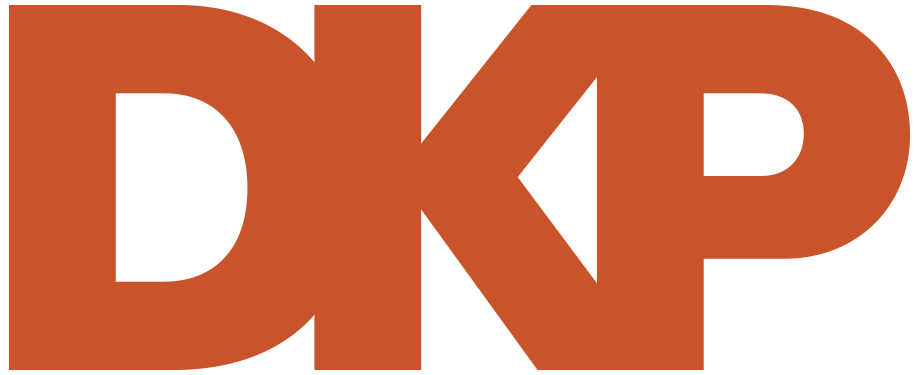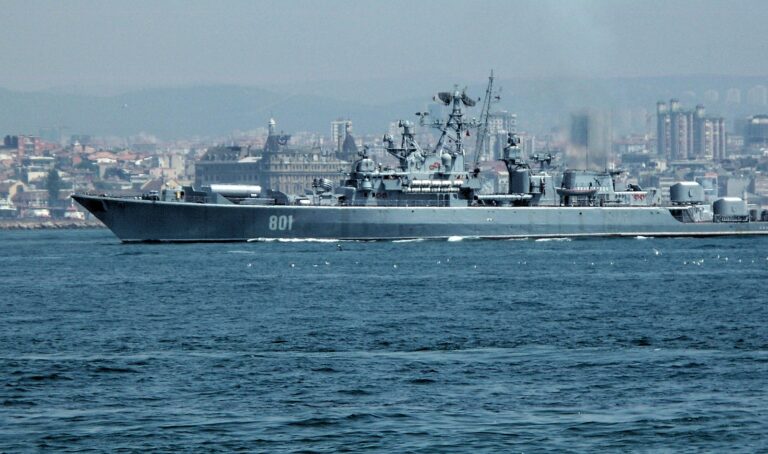IN BRIEF: OCTOBER 7, 2024
Recent stories relevant to the threat from authoritarian powers and strategic corruption – and efforts to respond.
Sanctions evasion from Russia to Turkey to Atlanta, Georgia: On the same note – recent reporting by Ukrainian investigative outlet Trap Aggressor, a project of the anti-corruption NGO StateWatch and TDP collaborator (TDP is quoted in the article), asks how Russian businessman Oleg Volkov has avoided sanctions, despite the fact that he is co-owner of Russian naval contractor Armalit and has shipped export-controlled dual-use goods to Russia through Turkey. To boot, Trap Aggressor reports that he owns significant real estate in Atlanta, Georgia, and a US construction business, along with companies in Turkey and Cyprus.
Anti-corruption expert highlights Democrats’ problem with corruption – and America’s:
Does the Democratic Party have a corruption problem? Yes – and it needs to deal with it if it wants to have credibility when attacking Republican ethical transgressions, says former journalist and anti-corruption expert Sarah Chayes, in an opinion piece published Friday in the New York Times. Numerous recent cases involving Democrats – such as the conviction of New Jersey Senator Bob Menendez, the LA real estate scandal involving a city councilmember, Hunter Biden’s questionable foreign business dealings, the indictment earlier this year of Texas Representative Henry Cuellar, and the recent indictment of New York City Mayor Eric Adams – show that corruption is bipartisan, less a characteristic of any one party than a feature of the American political system. This is the core argument of Chayes’s 2020 book, On Corruption in America, which outlines how decades of deregulation and Supreme Court rulings have essentially legalized and institutionalized corruption. Moreover, the foreign angle to each of these cases demonstrates the way American corruption intertwines with the post-Cold War proliferation of kleptocracies described in Chayes’s 2015 book Thieves of State.
A year on from October 7 terrorist attacks, the US reaches for sanctions as the Middle East threatens to descend into chaos: The year-long war in Gaza, with its spectacular death toll and worsening humanitarian crisis, was bad enough. But events of the past week – from Israel’s killing of Hezbollah leader Hasan Nasrallah during its bombardment of Beirut, which has also killed hundreds of civilians and triggered mass displacement, to Iran’s retaliatory ballistic missile strike on Israel itself – have raised fears of escalation. This includes the possibility of intensified US military intervention in the region, two decades after the Iraq debacle. Still, to date, the substantive response from the US to the latest developments has been limited to more sanctions: specifically, the Treasury Department’s Office of Foreign Assets Control (OFAC) recently designated a handful of extremist Israeli settlers in the West Bank, Houthi smuggling and procurement networks, and Iranian agents attempting to interfere in US elections (the latter following previous designations targeting IRGC and Hezbollah support networks). In a statement Wednesday, US President Joe Biden said the US and EU will pursue additional sanctions against Iran, while indicating the US – at least for now – would not support an Israeli attack on Iranian nuclear facilities.
Austria’s far right scores election victory: The Austrian far-right Freedom Party (FPÖ) came out ahead in Sunday’s elections as the single largest party in parliament, although repudiation by other factions raises doubts as to whether it can form a government. This is the latest in a string of electoral successes for the far right in Europe, most recently the Alternative for Germany (AfD)’s victory in state elections in early September. The rise of the far right and its authoritarian-friendly politics (and linkages) has raised fears across the continent; not only are many of these parties – including the FPÖ – Russia-friendly, Austrian business entanglements in Russia – especially Raiffeisen Bank, which TDP has previously covered – create exposure not only for Austria but the entire European banking system.

